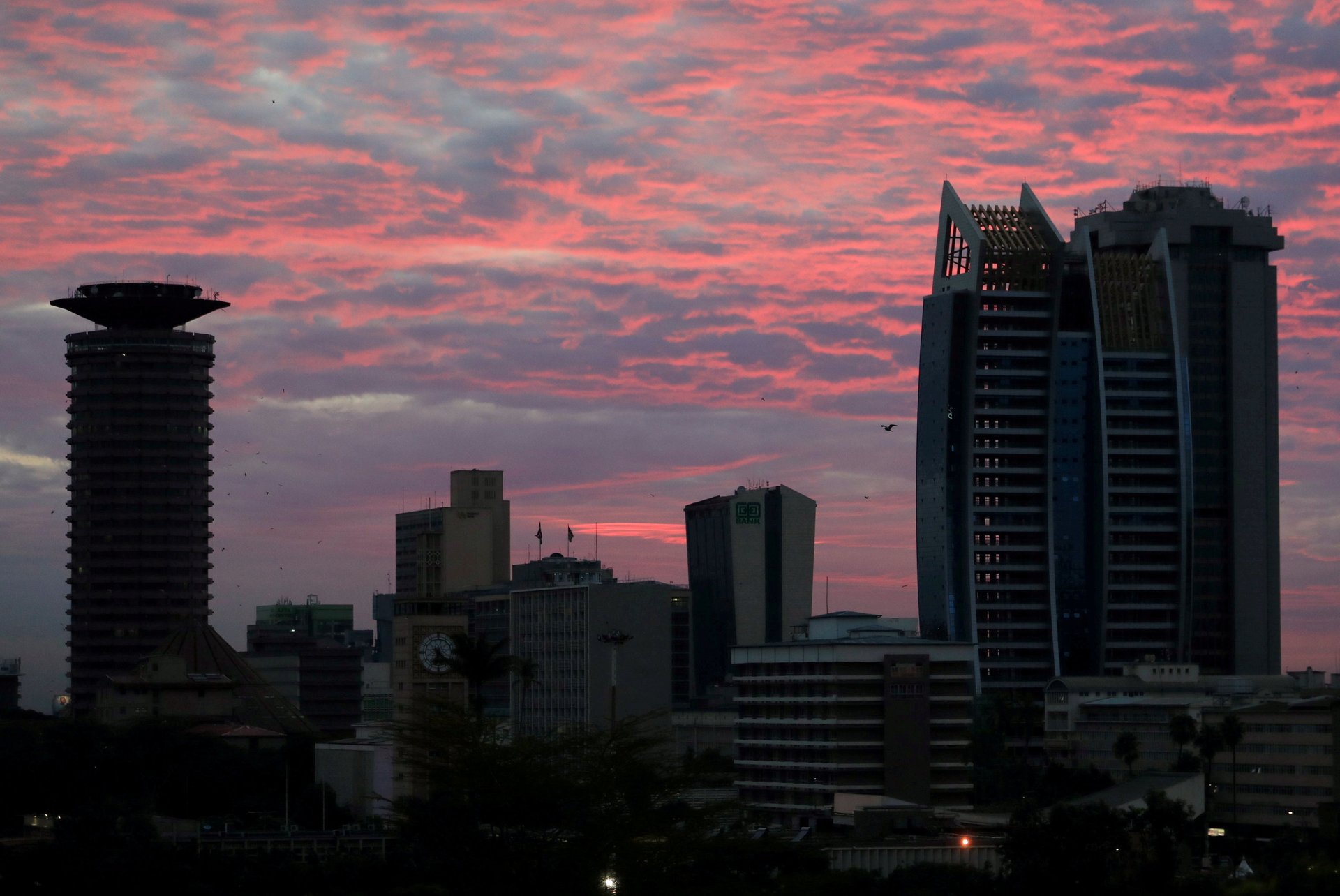How much has Africa’s media landscape changed since Binyavanga wrote his viral Granta essay
In 2005, the late, great Kenyan writer, and activist Binyavanga Wainaina wrote his viral Granta essay on, “How to write about Africa.” The satirical piece included memorable phrases such as:


In 2005, the late, great Kenyan writer, and activist Binyavanga Wainaina wrote his viral Granta essay on, “How to write about Africa.” The satirical piece included memorable phrases such as:
- “Always use the word ‘Africa’ or ‘Darkness’ or ‘Safari’ in your title.”
- “In your text, treat Africa as if it were one country.”
- “Among your characters you must always include The Starving African, who wanders the refugee camp nearly naked, and waits for the benevolence of the West. Her children have flies on their eyelids and pot bellies, and her breasts are flat and empty.”
How is Africa covered today?
Nearly two decades later, it is worth assessing how far modern-day coverage of Africa has come from when Binyavanga wrote his essay. While he specifically looked at foreign media reporting on the continent and memoirs by foreigners set in the continent, what can we say now about how African media portrays Africa?
Last year Africa No Filter (ANF), a collaborative group that aims to “support the development of nuanced and contemporary stories that shift stereotypical and harmful narratives within and about Africa,” surveyed 38 African editors and analyzed over 300 articles from 60 African news outlets in 15 countries. They also conducted four focus groups with African editors, journalists, and international correspondents covering the continent from Ethiopia, Kenya, Namibia, Nigeria, South Africa, Tanzania, and Uganda.
“Africa’s media has a lot to answer for,” ANF’s executive director Moky Makura tells Quartz. “Despite what we have come to believe, they, not the Western media are complicit in reinforcing the persistent narrative that Africa is broken…81% of the stories we looked at were about the conflicts and crises on the continent.”
At the time, news coverage was dominated by #EndSARS protests in Nigeria, the growing conflict in Tigray, Ethiopia, and the post-election chaos and tension in Tanzania and Guinea.
Budget constraints
Half of the editors interviewed admitted that there are stereotypes in the articles they run. These very likely stick to Western views of the continent. Money and resources appear to be the problem; the pandemic made things even worse, with most media houses having to let go of staff.
Given that most of them don’t have the budget to send local teams to other African countries, 35% of stories by African publications come from agencies outside of the continent, with Agence France-Presse (AFP) and the BBC as the main contributors.
Breaking news, politics, protests, and disasters
While news dominates media all over the world, it is even more the case in Africa, accounting for 81% of stories. The more news content is produced, the fewer in-depth features are written, depriving readers of context and analysis.
Topics that dominate headlines also tend to be skewed towards conflicts, disputes, and other equally weighty issues, with much less space dedicated to lighter topics or those with a positive angle.
Most stories cover very few countries
African headlines are dominated by lots of stories from a few countries, and almost none from others. For examples, Seychelles had a peaceful election in 2020, but there was barely any regional coverage on it, compared to extensive coverage of elections in Tanzania, Côte d’Ivoire and Guinea.
For the local media houses, coverage of the continent—outside their coverage of their own countries—accounted for less than 20% of stories covered . Of this 20%, three out of four stories were general Africa-wide ones, with only one out of four specifically from countries in east, west, southern Africa, and north Africa. Central Africa did not feature at all in the stories assessed. Leaning towards general Africa-wide stories contributes to the image of the continent as a monolith even to other Africans.
To address all these issues, and putting its money where its mouth is, Africa No Filter created bird, an agency “dedicated to covering humans, not issues, and telling stories that celebrate Africa’s creativity and innovation through its arts, culture, people, and places.” The agency aims to be a source of fact-checked, copy-edited stories that can be republished free of charge by African media houses and for a fee by others.
With at least two new daily stories in the early pilot phase, some of their headlines include, “The late night Mogadishu,” “The women driving women in Egypt,” “Forget the diaspora…this African island’s [Mauritius’] young generation is “staying home,” and “The [Zimbabwean] lawyer using sculptures to fight Covid-19.”
“The world is ready for lighter, uplifting stories that reflect this dynamic continent,” says Makura. “It’s up to us, Africa’s media, to deliver them.”
Sign up to the Quartz Africa Weekly Brief here for news and analysis on African business, tech, and innovation in your inbox.